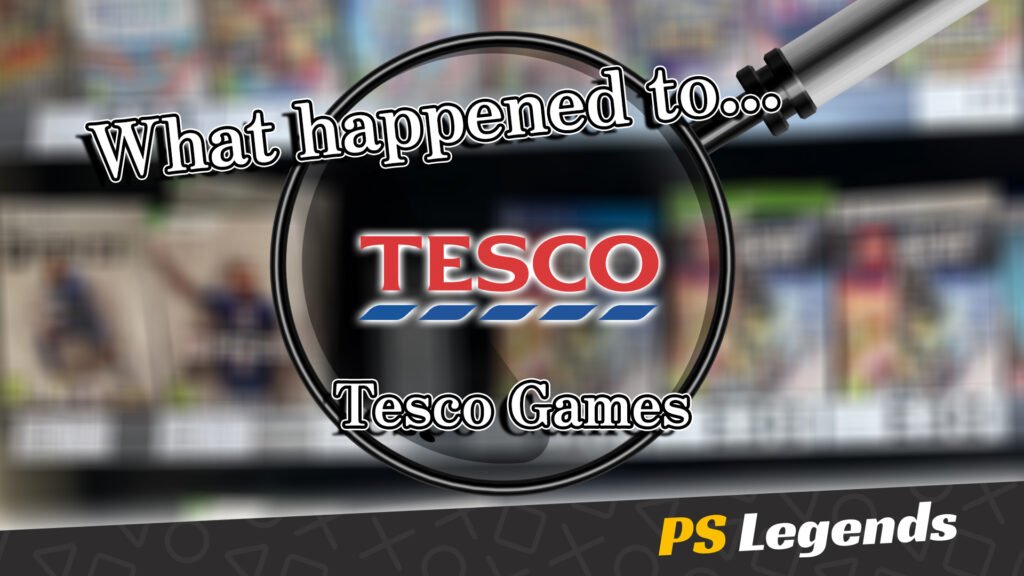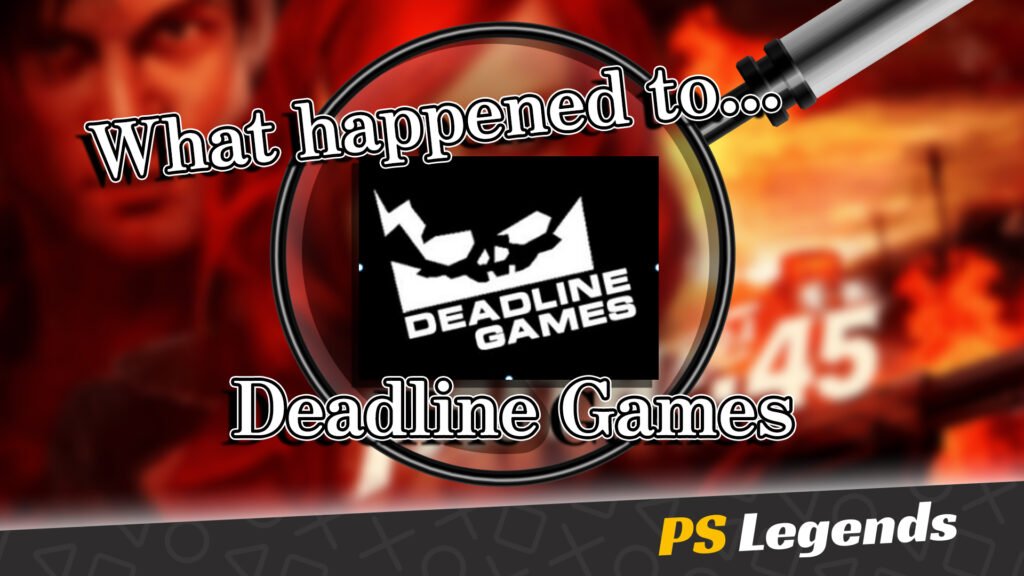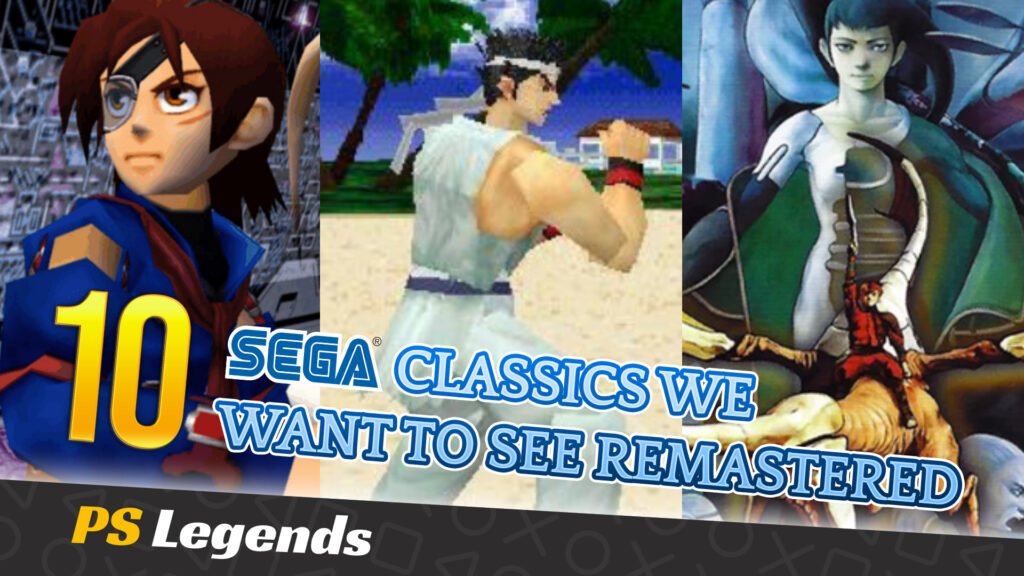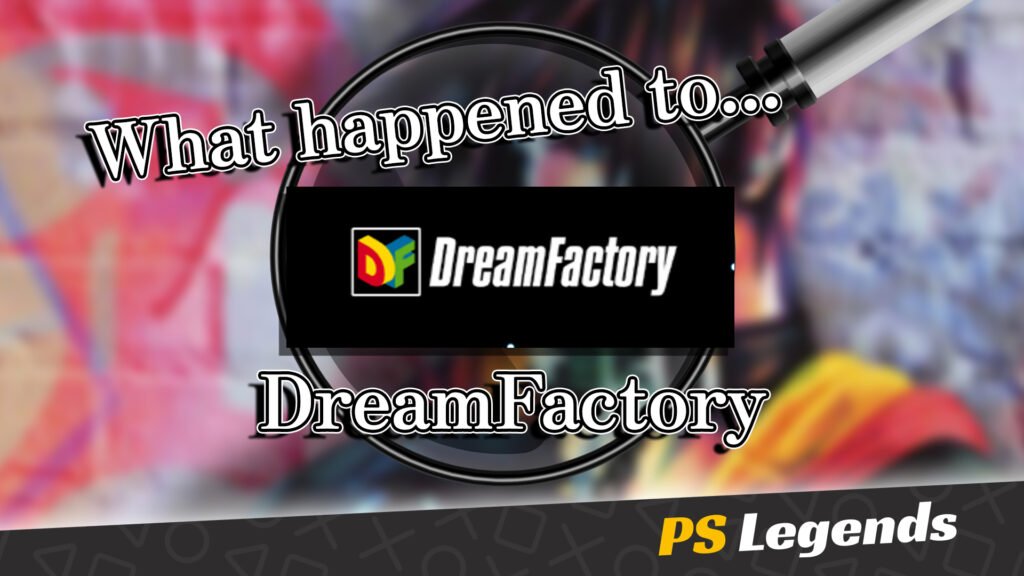The Giant
Tesco is a British multinational groceries and general merchandise retailer headquartered in Welwyn Garden City, England. The company was founded by Jack Cohen in Hackney, London in 1919. In 2011, it was the third-largest retailer in the world measured by gross revenues and the ninth-largest in the world measured by revenues. It has shops in the United Kingdom, Ireland, the Czech Republic, Hungary, and Slovakia.
It is the market leader of groceries in the UK, with notable global expansion since the early 1990s. Since the 1960s, Tesco has diversified into areas such as the sale of books, clothing, electronics, home appliances, furniture, toys, petrol, financial services, telecoms, internet services, and of course, entertainment, including multi-format gaming software and consoles.

Every Little Helps
Shoppers would appreciate the option of picking up a new game while doing their weekly food shopping. Tesco’s Clubcard incentive meant that customers would accumulate points on every purchase. Points would then be converted into vouchers based on the number of points accumulated, which were posted out to customers for future use in store. Clubcard vouchers would be incredibly useful for customers on tight budgets who were looking to pick up a new game or console.
Tesco would also offer incentives when purchasing selected new releases, such as limited-time offers gifting customers with PSN vouchers with purchases of installments in the FIFA or Call of Duty series during launch week, while customers buying Final Fantasy XV would receive prequel Blu-ray movie Kingsglaive at no extra cost. Unfortunately for Tesco, not all game launches were successes.
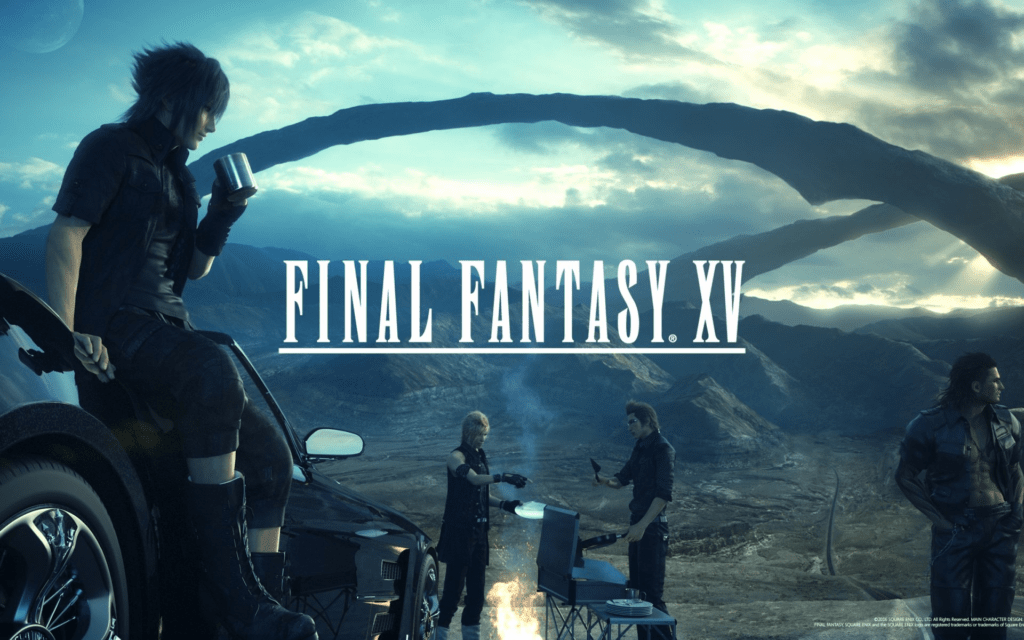
Missed Releases
An incident in April 2006 would see Tesco missing the release date of Dragon Quest VIII for the PlayStation 2. With games traditionally releasing on Fridays at the time and April 14th landing on a religious holiday where stores are not required to open all day, Dragon Quest VIII’s release date was brought forward to Thursday April 13th 2006 to allow for fair, competitive trading across all applicable retailers. Tesco, however, refused to sell the game ‘early’ despite authorisation. Mr Tolley, a hardware manager for Tesco remarked “We’re not taking the risk”. Tesco would lose out on a staggering amount of sales of the well-received game to its many competitors.

Also in 2006, Tesco 24 hour stores would roll out midnight game releases to compete with high street retailer GAME, however many of these launches were poorly organised. One such recorded incident at a flagship ‘Extra’ store in Cheshire would see customers waiting up to an hour after midnight to purchase the PlayStation 2’s Dirge of Cerberus: Final Fantasy VII after staff reported they weren’t even aware of the game’s release, despite receiving stock. Management would be called to complete the transactions as no staff present had access to the locked warehouse.

No Breaks For Gamers
One incident occurring in the lead up to Christmas 2008 would see two gamers, who were employees at Tesco’s Warrington store, tasked by senior management with promoting the newly-released Guitar Hero World Tour game by performing a live concert demonstration of the game in front of customers to drive sales. Before the show would begin, the two staff members were informed by a team leader that they would be sacrificing their breaks since they were ‘playing’ rather than working. This resulted in the two colleagues refusing to perform the show, cancelling the event and returning to their previous duties.

Tesco would continue to make a number of significant errors in judgement which would result in customers and staff members losing respect for the supermarket giant. Prior to the launch of FIFA 16, the annual FIFA games would feature only male teams. This all-male image would feature in the series’ artwork, including on promotional standees displayed in stores. Many staff would refuse to build and display the standees, suggesting that the all-male focus previously shown in the franchise was an unnecessary display of sexism which Tesco was accused of endorsing. Fortunately, promotional standees were promptly removed and destroyed when stock levels ran low.
20% Planned, 100% Failure
Always looking for ways to help customers on limited budgets, 2011 would see Tesco roll out a console game trade-in scheme, allowing customers to exchange used games for credit vouchers to use on items in-store. Pre-owned games would be available in over 200 of the larger Extra stores. Used games would then be sold on at a discounted price. The initial success of the scheme in 40 trial stores combined with the range and offers on games already in stores gave Tesco the confidence to announce their plan to ‘control 20% of the console gaming market in the UK.’
While initially the scheme received a positive reception, it soon came under criticism as pricing wasn’t as closely regulated as that of new games. This led to considerable pricing errors and lost sales. One example of this was the newly-released Dungeon Siege III receiving a price drop from £40 to £30, while a pre-owned version remained priced at £38 for several months after the new price drop. Rather than address their pricing problems, Tesco would quietly cancel the pre-owned games trade-in scheme within a year of launching, without explanation. Pre-owned games were sold off at heavily-reduced prices from bargain bins. Any unsold stock was sold to staff in pop-up staff shops.

Operation Skylark: The Scandal That Never Was
2012 would prove to be a troubling year for Tesco. With pre-owned games now removed from stores, reducing the range of games available, staff and customers would also notice that the range of new games available was also gradually reducing until each console’s ‘chart’ section was roughly half of what it was the previous year, with shelf-space instead being cleared for gaming collectibles such as Skylanders and Disney Infinity figurines.

With the range of games available in stores now a fraction of what was previously available, staff and customers would begin to question which and why certain games no longer made the cut. An anonymous stock analyst working for Tesco would accuse the supermarket of gradually cutting Japanese-developed games from stores and providing preferential treatment for western-developed games, rather than diversifying the range fairly. The disgruntled employee would share this information with gaming news network N4G.
The story would make its way to the desk of Greg, a freelancer writing for The Gamer’s Challenge. In a case of unfortunate timing, The Gamer’s Challenge was closing due to website issues, however Greg would attempt to rally a team of writers to tackle the accusation made against Tesco, hoping their combined market research would be picked up by a new publisher. The project would be named ‘Operation Skylark’, after the bird’s potent voice and ties to Europe and Asia.
Operation Skylark would be met with obstacles almost immediately, with former writers from The Gamer’s Challenge dropping out of the project within days after taking positions elsewhere, while in-store and online staff working for Tesco and other rival supermarket chains would be less than forthcoming with information regarding their stock levels and reasoning behind sales decisions. These setbacks would push Skylark’s progress back well into 2014.
Rival supermarket chain Asda was contacted in a complimentary manner, as the chain continued to stock games from such Japanese-developed series such as NIS’s Disgaea and Namco Bandai’s Tales. To the surprise of Greg, many emails to the chain were ignored, while one response from Manny abruptly claimed “Sorry, but we don’t share our marketing strategy with anyone.”

When contacted, Tesco would be far more friendly with their response, but ultimately side-stepped the situation. Susan at Tesco Customer Service would respond “I can assure you that your comments have been duly noted and will be directed to the relevant department in Head Office. All customer comments are taken into consideration whenever any future changes take place. Once again please accept my apologies that we have not been able to help you further on this occasion.”
Prior to contacting third supermarket chain Sainsbury’s for comment surrounding their own rapidly declining range of games in-store, Greg, who running the project entirely alone at this point, would also drop out of Operation Skylark due to lack of surrounding interest and support. Writing for GAME’s associate forum at the time, Greg would announce the cancellation of the project after GAME expressed little interest in endorsement. Greg would resign from the forum shortly afterwards.
Greg would end the discussion with the following statements:
“The evidence speaks for itself. Tesco’s failure and withdrawal from Asia has clearly resulted in boycotts on trade with Japan. You don’t discontinue a console as popular as the Nintendo Wii during its prime without some hidden agenda. It’s not only Japanese games that are disappearing from stores. This is a company that’s trying to burn some bridges.”
“Operation Skylark was doomed from day one. When you’re taking on a multinational company and start throwing around words like ‘racism’, you need backers, a team of industry insiders and a truckload of legal representation. Sorry, I can’t do this alone, guys.”
This would not be the first time that Tesco was accused of racial insensitivity and xenophobia. On 21st November 2020, a member of the Romanian diaspora in the United Kingdom claimed that in the Telford store there was a warning for shoplifters written in Romanian that said “notice for store thieves, you will be legally prosecuted if caught stealing”. The Romanian Ministry of Foreign Affairs (MAE) expressed its “surprise and disagreement against the strongly discriminating message”.
The Sun also reported that an alarmed customer visiting their local Tesco branch in Dudley, West Midlands, noticed there was nearly a £1 price difference between the black ‘My Beautiful Baby‘ doll, which retailed at £4.97, and the white ‘My Lovely Baby’ doll which had a price of £5.96 in the store. A spokesperson for Tesco stated that the difference in the price of the two dolls was the result of a “special introductory offer” and refused to change the price at the time.
There Goes The Back-up Plan
With Tesco customers struggling to pick up many new games in-store, ordering their new games online from a larger range would allow customers to complete their transactions, collecting Clubcard points and using money-off vouchers with the downside that shoppers would have to wait for free delivery to selected stores, or paid delivery to home addresses.
Unfortunately, ‘Tesco Direct’ would also be met with game launch problems, lost orders and technical errors. One such example would see pre-orders of Kingdom Hearts HD 1.5 Remix, released on September 13th, 2013, not being shipped to customers. Customers were not contacted regarding the delay, with orders being left in an idle state. Customers who contacted Tesco would be informed that their stock allocation had not arrived and with no ETA available, outstanding orders would be cancelled.

Tesco announced that it would shut down Tesco Direct, on July 9th 2018 and would make the following statements to Eurogamer:
“The company intends to focus its efforts on its main grocery services, Tesco.com, and will add some non-food items to the site’s offerings.”
“The service is ending due to high fulfillment and online marketing costs.”
“Tesco Direct had no route to profitability.”
“Those who have ordered games from the service that are due to arrive by July 9th will still receive them, while any orders due later than that will be canceled and refunded.”
Tesco UK boss Charles Wilson would also comment, “We want to offer our customers the ability to buy groceries and non-food products in one place and that’s why we are focusing our investment into one online platform. This decision has been a very difficult one to make, but it is an essential step towards establishing a more sustainable non-food offer and growing our business for the future.”
Going, Going, Gone
Despite complaints regarding the range of games available in stores, Tesco continued to reduce this range. After the 2020 COVID-19 pandemic, stock levels and ranges would be at their lowest yet, with gaming sections of stores restricted to single promotional ends and standees of bigger releases, occasionally stocking consoles just before the Christmas period.
Eventually, Tesco would officially announce in an interview in July 2023 that the company will no longer stock physical video games in any of its 2,800 stores. Once the final few games sold out, the firm would not allocate any more shelf space to gaming products. The one exception is digital online credit cards, which will remain available through the majority of stores. The supermarket chain claimed “it’s due to the move from its customers towards digital entertainment”.
The games market across the UK has rapidly accelerated towards digital. Of the four big games of June 2023 (Diablo IV, Final Fantasy XVI, Street Fighter 6 and F1 23), less than 18% of these games were sold via physical stores. Industrialists would argue this was a missed opportunity, as supermarket chains often utilise a ‘sale or return’ system with suppliers, meaning companies like Tesco could promote physical media and push for its revival without significant financial loss.
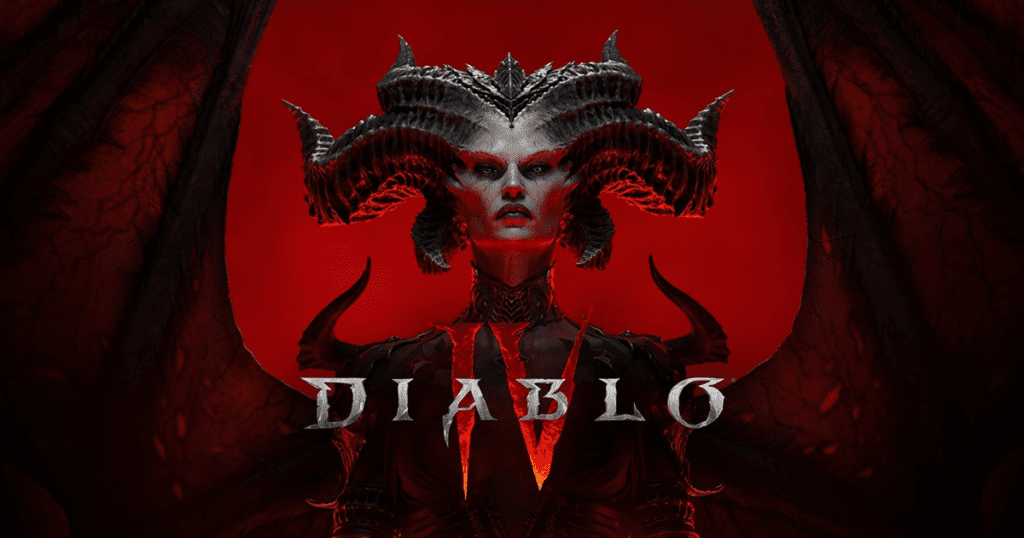
Tesco’s sudden withdrawal from the gaming market was met with a mixed response. Some customers would miss the ability to pick up a game while shopping in-store and cut the cost by using their Clubcard vouchers, while others had given up on the supermarket chain making a solid effort to reconnect with gamers after many years of “bad decisions”, and moved on years ago.
Alternatively, representatives of former UK game retailers would blame Tesco and other supermarkets for putting them out of business, since supermarkets would be able to confidently beat their prices by subsidising the comparatively high price of games with profits from their main grocery business. Ex-employees of the struggling gaming retail industry would be pleased to see Tesco lose its once-lofty position in the gaming market after so many documented blunders.
